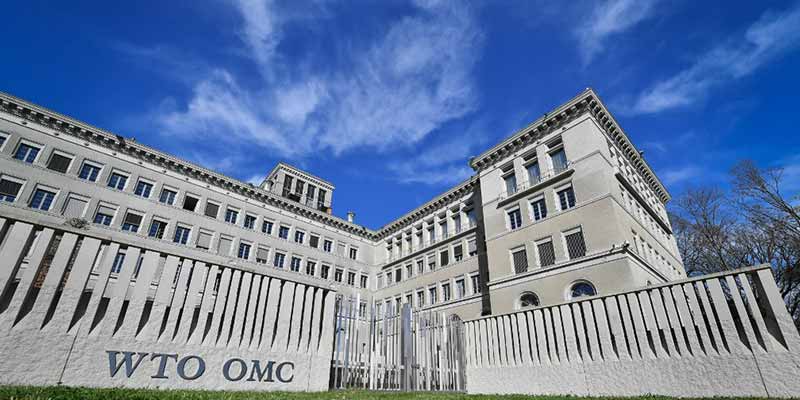- India
- Mar 19
Short Takes / India-US disputes at WTO
India is under no obligation to implement the recommendations of the WTO’s dispute panel on its export promotion schemes, which was challenged by the US, as New Delhi has appealed against that order at the higher level, Parliament was informed on March 18.
Commerce and Industry Minister Piyush Goyal informed Parliament that India is involved in 15 trade disputes, mostly against the US, at the WTO at present. “Currently, India is involved in 15 disputes at the WTO, in which it is complainant in four and respondent in 11,” he said.
The disputes where India is a complaining party are countervailing duty by the US on Indian steel products, measures by the US concerning non-immigrant visas, renewable energy programmes of the US, and import duties imposed on steel and aluminium products by the US.
WTO disputes where India is a responding party include prohibition by India on import of poultry and poultry products filed by the US, and import duties on certain information and communication technology goods filed by the EU, Japan and Taiwan.
WTO order against India’s export sops
A Dispute Settlement Panel of WTO in its report issued to members on October 31, 2019 has ruled India’s export promotion schemes (Merchandise Exports from India Scheme, Export Oriented Units Scheme, Special Economic Zone Scheme, Export Promotion Capital Goods Scheme, Duty Free Imports for Exporters Scheme, etc) are in the nature of prohibited subsidies under the Agreement on Subsidies and Countervailing Measures and thus inconsistent with WTO norms.
The government introduced the Merchandise Exports from India Scheme (MEIS) through the Foreign Trade Policy (FTP) 2015-20 from April 1, 2015. It seeks to promote the export of notified goods manufactured / produced in India. MEIS is a major export promotion scheme. Earlier, there were five different schemes for rewarding merchandise exports with different kinds of duty scrips with varying conditions attached to their use. Now, all these schemes have been merged into a single scheme.
The Export Oriented Units (EOU) scheme is complementary to the Export Processing Zones (EPZ). EPZs are special enclaves, separated from the Domestic Tariff Area (DTA), to provide an internationally competitive duty-free environment for export production. EOU is widely dispersed in location, unlike EPZs, which are set up at specific locations.
Export Promotion Capital Goods (EPCG) scheme gives the manufacturer facility for import of capital goods for export production at concessional rate of duty (5 per cent) against certain level of export obligation over a period of time.
The panel has given a time-frame of 180 days for withdrawal of Special Economic Zone (SEZ) scheme.
India has appealed at the WTO’s appellate body against this ruling. “Due to non-functioning of the appellate body (of the WTO’s dispute settlement mechanism), the appeal has been kept in suspension. Till the appeal is disposed of, India is under no obligation to implement the recommendations of panel,” Goyal said.
Manorama Yearbook app is now available on Google Play Store and iOS App Store

